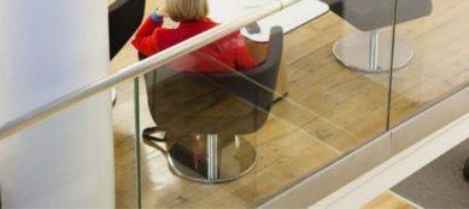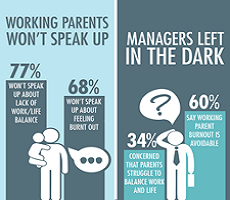March 24, 2016
Flexible working is a more important perk than nap time for employees 0
 Headline grabbing employee perks such as free catered lunches and massages; whether Google’s free nap times during the day or Netflix’s free unlimited holidays are all very well, but they are hardly the norm. Back in the real world, over half (61 percent) of people in the UK believe they don’t get near enough employee incentives at work. Yet, when losing and hiring employees is far more costly than keeping current employees happy and motivated – for instance, an Institute of Leadership & Management (ILM) study revealed that 17 percent of employees claimed they were looking for a new career due to feeling under-appreciated in their place of work – it might be wise to find out what employees really want. Workplace services supplier Direct365 did just that and discovered that workers want perks that they can relate to and enjoy, and which cater towards and take into consideration their individual needs. Unsurprisingly, flexible working is at the top of the list.
Headline grabbing employee perks such as free catered lunches and massages; whether Google’s free nap times during the day or Netflix’s free unlimited holidays are all very well, but they are hardly the norm. Back in the real world, over half (61 percent) of people in the UK believe they don’t get near enough employee incentives at work. Yet, when losing and hiring employees is far more costly than keeping current employees happy and motivated – for instance, an Institute of Leadership & Management (ILM) study revealed that 17 percent of employees claimed they were looking for a new career due to feeling under-appreciated in their place of work – it might be wise to find out what employees really want. Workplace services supplier Direct365 did just that and discovered that workers want perks that they can relate to and enjoy, and which cater towards and take into consideration their individual needs. Unsurprisingly, flexible working is at the top of the list.


































April 21, 2016
How and why Millennials are shaping the future of remote working 0
by Sara Sutton Fell • Comment, Facilities management, Flexible working, Workplace, Workplace design
(more…)